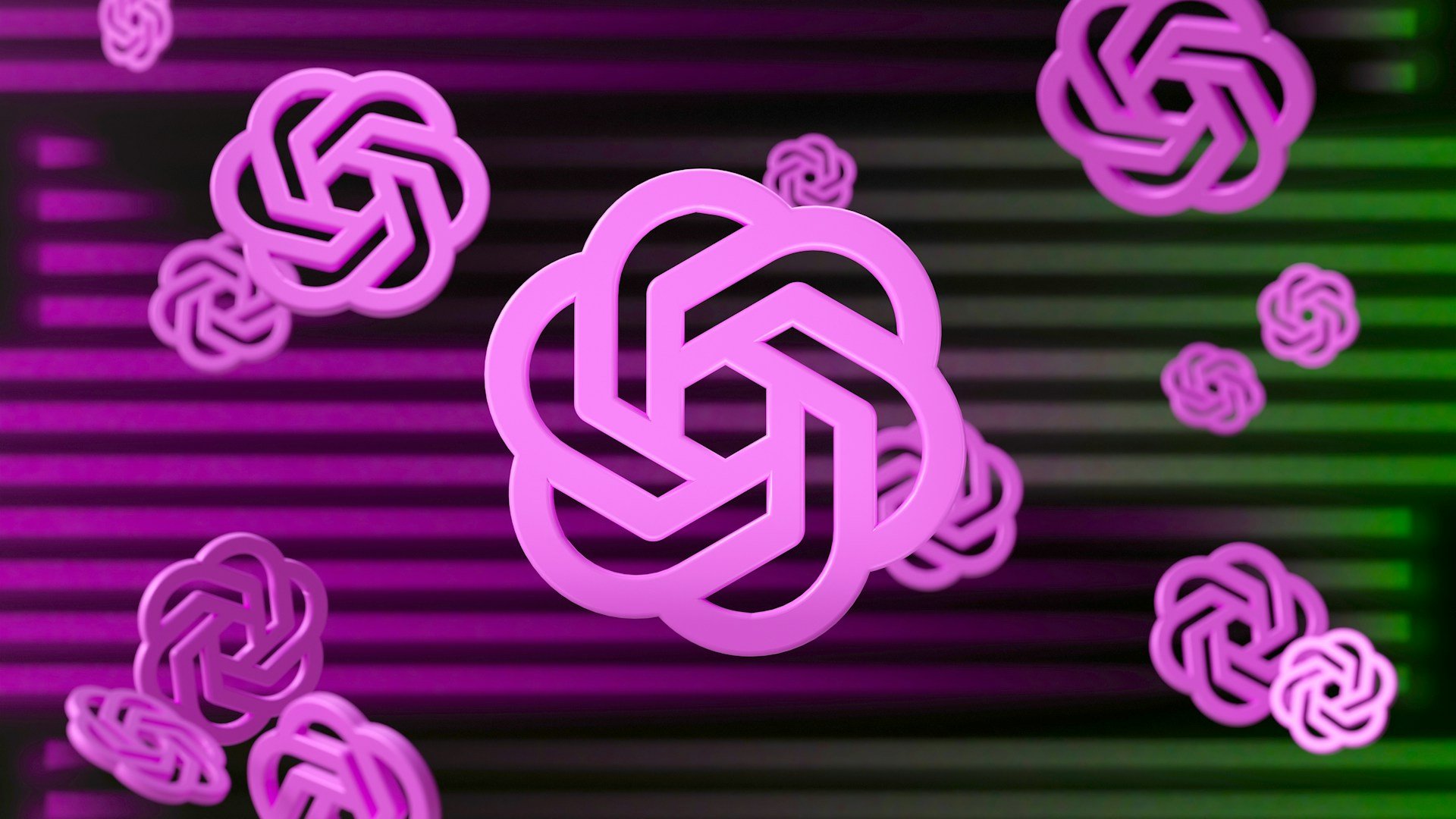
OpenAI’s Text-to-Video Generator Will Soon be Publicly Available
OpenAI’s much-awaited text-to-video generator, Sora, is set to make its public debut later this year. In a recent interview with The Wall Street Journal, OpenAI CTO Mira Murati hinted that Sora will be available to the public in a few more months.
Sora made its first appearance in February, which can generate hyperrealistic scenes from just text input. So far, the company has only made it available to visual artists, filmmakers, and designers. Still, it has already gained popularity on platforms like X based on what it is capable of doing.
Murati also revealed that they will eventually incorporate sound into the tool so the videos it generates can be more realistic. In addition, she talked about the plans to make the outputs editable, as AIs don’t always produce accurate images and videos.
“We’re trying to figure out how to use this technology as a tool that people can edit and create with,” Murati told the Wall Street Journal. And there’s certainly a lot of criticism about how a tool like this can be harmful, with deepfake scams on the rise. Take the totally fake Taylor Swift Le Creuset ad or the Morgan Freeman deepfake video.
When prompted with questions about the data being used to train Sora, Murati refrained from getting too specific and mentioned that the model relies on publicly available data.
“I’m not going to go into the details of the data that was used, but it was publicly available or licensed data,” Murati added. She did confirm that Sora uses content from Shutterstock, with which OpenAI has a partnership.
Murati also told the journal that powering Sora is much more expensive than other AI models they’ve launched in the past. Despite this, OpenAI aims to keep it affordable, she said. Like DALL-E, Sora will have rules against making images of famous people and will use watermarks to mark AI-generated content to ensure it’s distinguishable from real content.

 Previous Story
Previous Story

 Latest articles
Latest articles 

Leave a Comment
Cancel